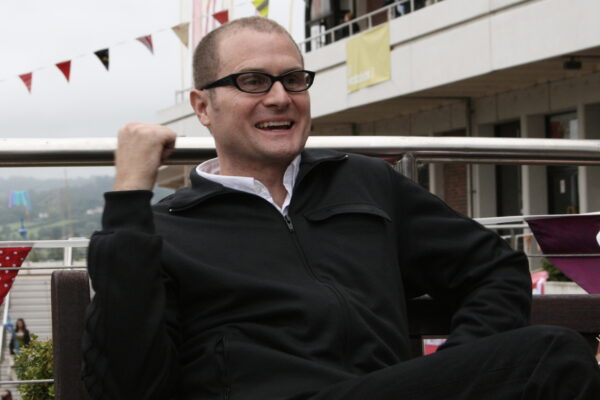This post originally appeared at Trans/Missions, the USC Knight Chair in Media and Religion site.
Several recent reports suggest that the evangelical Christian world, as we have come to know it over the last 30 years, may be changing forever. Much has been written since the last presidential election about the rise of a new consciousness among young people, including evangelical young people, many of whom supported of Barack Obama in 2008. More recently, however, reports of younger evangelicals suggest that they have a distinctly different perspective than their elders on such issues as gay identity and marriage, the environment, how to address poverty and other social justice issues. As writers for the New York Times and TransMissions have reported, they are even, apparently, arguing against a traditional conception of hell. While it is not exactly clear the extent to which these beliefs are really a part of the world view of younger evangelicals, or how they may translate into different forms of social action, they do suggest that important changes are unfolding within a important sector of American society.
On the surface, all of this may seem like so much intramural conflict. Why should the rest of the American population, let alone journalists, care about inter-generational tensions within evangelical Christianity? First, evangelical Christians represent a significant percentage of the American population—of all adults in the U.S., 26 percent are affiliated with evangelical churches. Second, and perhaps more importantly, since the late 1970s this influential cohort has consistently been a potent conservative political and cultural force in American public life. So any evolution in the outlook of American evangelicals bears watching.
There are several angles that reporters might pursue, starting with whether the theological reorientation of charismatic leaders like Rob Bell really represents a broad trend within evangelicalism (or are they getting attention because they’re savvy about self-promotion and the usefulness of pushing their opponents’ buttons). Further, reporters need to ask not only how many younger evangelicals there are who support a more progressive interpretation of the Gospel, but what influence they might actually have on politics and culture. For example, what might these changes mean for key evangelical institutions such as churches, colleges and seminaries? John Thune and Mike Huckabee, two potential Republican presidential candidates, are products of evangelical schools. Will these institutions support changes in scriptural interpretation and social ethics, or will they maintain their traditional role of working to keep young evangelicals within the range of acceptable beliefs and practices?
And what might all of this portend for the future of evangelicals as a reliable block of conservative voters? Will they continue to support mainly private solutions to social problems and oppose progressive social and cultural change, or will younger, socially engaged evangelicals alter the character of both conservatism and progressivism?
Ultimately, only time will tell. But in the meantime, there are many lines of inquiry that reporters can pursue to help us understand whether and how younger evangelicals represent new wine in old wineskins. Or whether they are just the same vintage in a shiny new bottle.
Photo Credit: Christian Mission Society/Flickr
Richard Flory is the executive director of the USC Center for Religion and Civic Culture.








